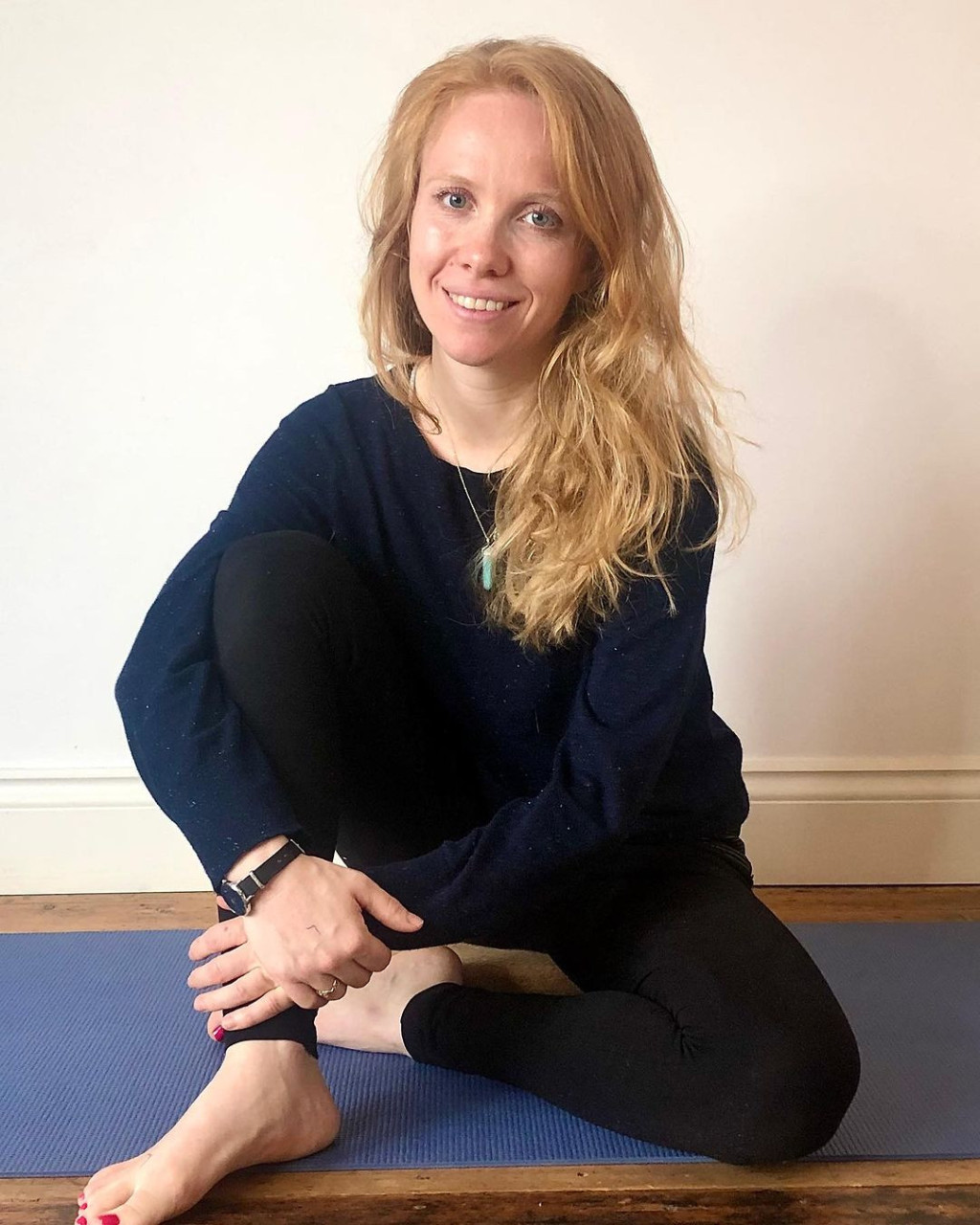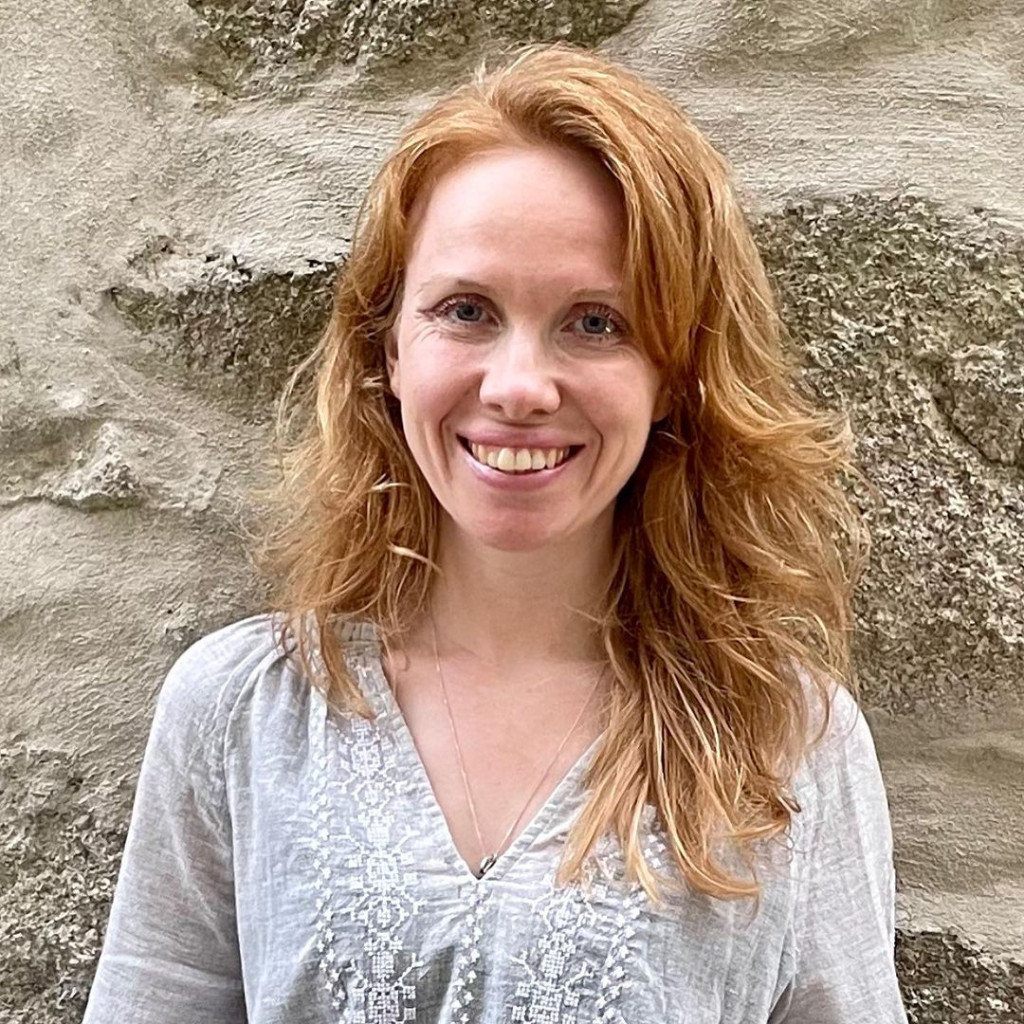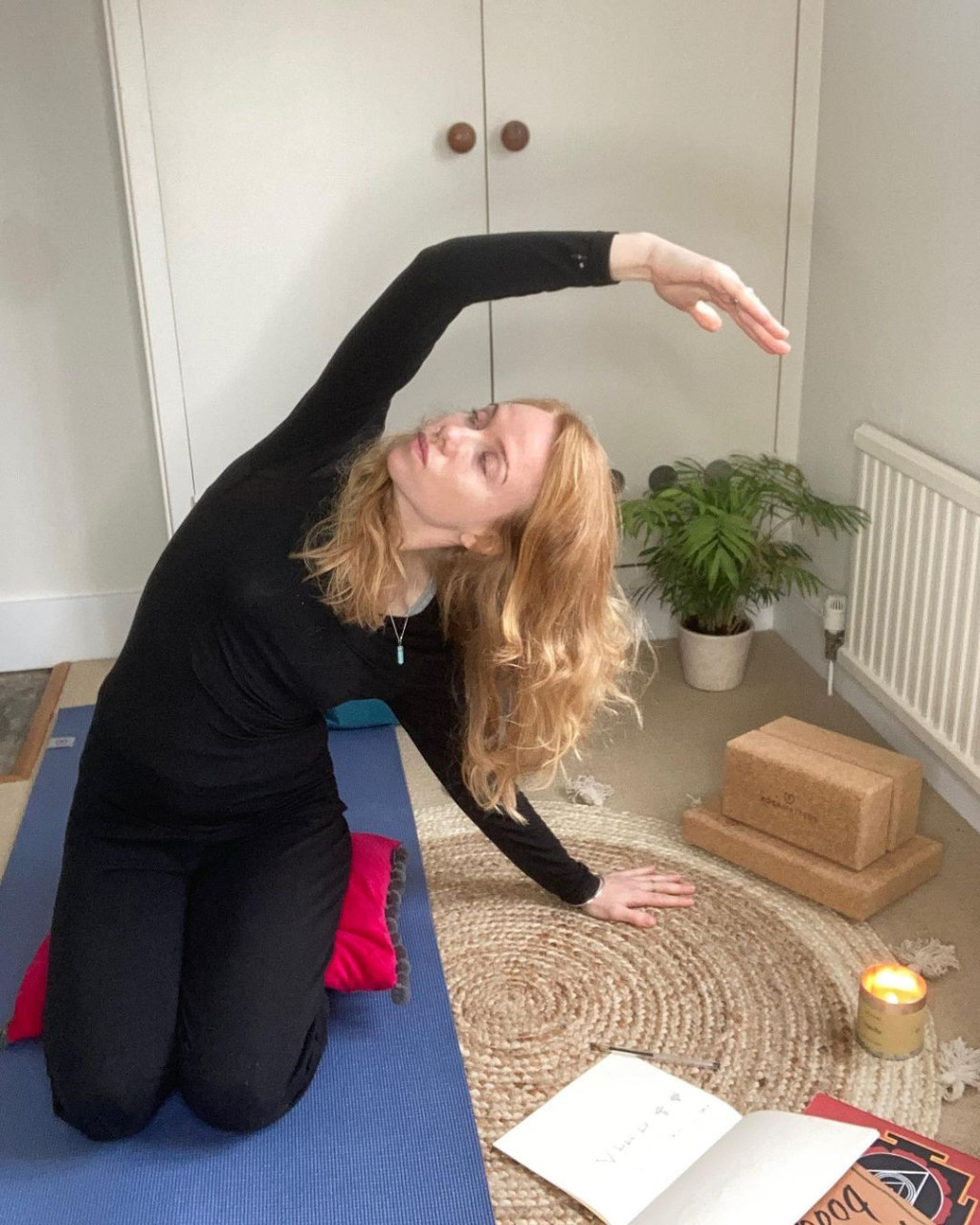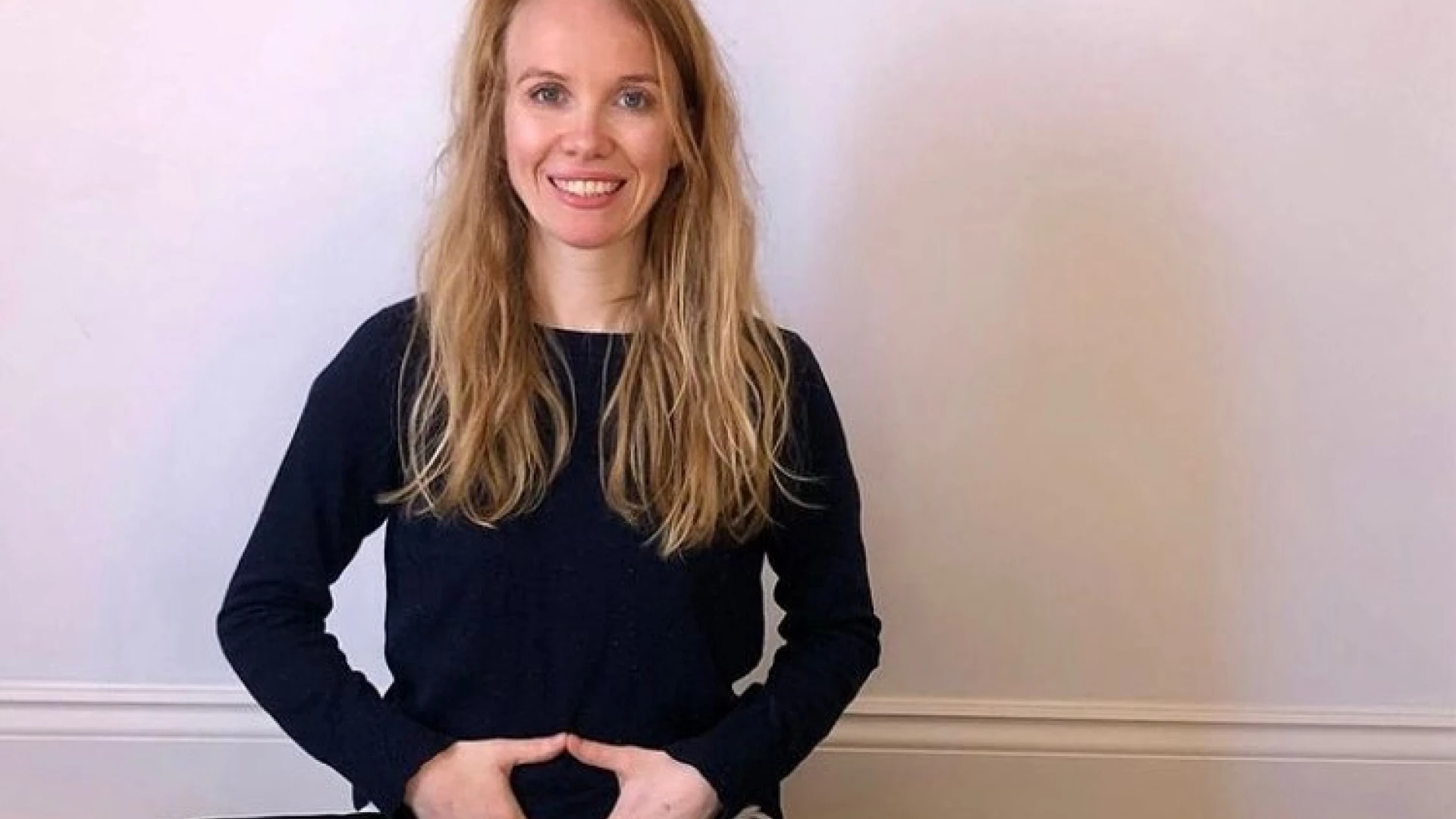In this post, we’re chatting to Isabella Fricker, who speaks openly and candidly about her experience of living with endometriosis. Isabella shares the emotional impact going through IVF treatment at just 30-years-old can have on a person. As well as, the reality of trying to hold down a job while dealing with the condition, where not all employers will accommodate the flexibility that such a conditions requires.
Dealing with medical gaslighting
In December 2014, I was diagnosed with a borderline ovarian tumour, losing my right ovary at the age of 25. The ovarian mass was the size of a small baby. It was a traumatic ordeal that could have been prevented if I had not experienced medical gaslighting and misdiagnosis from various GP’s in central London. I visited the GP six times over four months, but I was constantly dismissed and asked, “Are you stressed?” “I think it could be irritable bowel syndrome.” At the beginning the GP did perform a pelvic examination, but they assured me that everything felt fine.
I remember asking for a scan referral and they said it wasn’t necessary. The GP thought I may be experiencing IBS, due to stress and referred me to a nutritionist. The symptoms I experienced included: extreme bloating, tummy pain, constipation, diarrhoea, nausea, acid reflux and fatigue.
The reality of IVF
Fast forward a few years, I underwent laparoscopic surgeries in 2018 and 2021 for severe endometriosis. As a young woman with ovarian endometriosis, I had the opportunity to preserve my fertility through IVF. IVF was an emotionally exhausting process and not something I thought I would have to endure whilst my friends were starting to settle down. It was a particularly isolating time as I didn’t know anyone that had been through this. However, attending charity meet ups and being a part of online forums and social media has been a great support, although somewhat consuming at times.

The emotional impact of endometriosis
Endometriosis has affected my life physically and emotionally. Loneliness and social isolation, mental health and fertility anxiety, low self-esteem, stigma and discrimination could describe what I have experienced over the past eight years.
The condition comes with a high burden of comorbidities. Chronic fatigue, for example, is a common symptom of endometriosis, but it is still invariably dismissed by the medical profession. However, I have had a formal diagnosis. Alongside, I have also learnt to manage nausea and vulvodynia. Management is key - learning to prioritise what is important, pacing your activity and allowing flexibility. It can be challenging to predict when you might experience symptoms, energy fluctuations etc., as every day is different. One has to expect that you may have to cancel plans.
Over the years I have had to educate family, friends and work colleagues. I have missed important social events - celebrating milestones, holidays with friends and turned down work opportunities.
The trauma of surgery and living with scars has affected my mental health, body image and my ability to be intimate at times. However, holistic therapies have supported me to process trauma and to be accepting of change. Living with an invisible illness is all about daily management. I have learnt to navigate this journey with determination, resilience and inner strength. However, isolating and overwhelming it may feel at times. It is important to take one day at a time.
Having a supportive network, yoga and living a mindful lifestyle whilst prioritising self-care has been paramount to my health journey. As an individual I have become more empathetic, grateful, present and hopeful. Through the spoken and written word, we must openly talk and share our stories. Collectively women can empower, educate, support and accelerate change!

Working with endo
Women like me, have so much potential, but they need the opportunity to thrive in flexible and supportive working environments. I have been unable to work full-time which has affected my professional development - lost career opportunities. It has been an unpredictable experience, impacting my daily life and financial independence - resulting in a loss of income and ability to save.
When my health has allowed me, I have worked part-time as a visual stylist, customer service executive, creative packer, housekeeper, copy editor and proofreader. I decided to train as a yoga teacher and women’s health therapist, in the hope that one day I could support women at all stages of their life.
The changes we want to see
We need more access to early intervention – diagnostic tools, abdominal and transvaginal ultrasound, MRI, laparoscopy and robotic surgery. Recognising and addressing endometriosis early is key, as prolonged diagnostic delays can lead to the disease progressing, worsening symptoms and risking permanent organ damage. Women should also benefit from prompt referrals to specialist BSGE centres, access to multidisciplinary teams, treatment and long-term care.
All individuals with a diagnosis of endometriosis should be offered fertility support and should have access to pain clinics, pelvic health physiotherapists, nutritionists and counsellors. Alongside that, they should be able to access complementary therapies, such as acupuncture and yoga, which have been repeatedly shown to reduce pain and promote wellbeing. The Department of Work and Pensions, government, educational and work establishments need to understand all the comorbidities of endometriosis.
It is important to recognise that women may experience difficulty in professional development. Endometriosis for many is unpredictable, impacting daily lives and financial independence. Employers should support their employees too. There needs to be more opportunities in the workforce for women to have flexible options – reduced hours, time for appointments and menstrual leave if needed.
Furthermore, universities, colleges and schools need to recognise that endometriosis is challenging for individuals and that everyone’s experience is very different – educational workshops are paramount.

Advice for other endo warriors
Self-advocacy is important as you navigate living with endometriosis - women need to be able to make informed choices about their lives and their bodies. Knowledge is power, so I would advise you to read medical literature, research charities and helplines who can assist you, join forums and attend events to expand your support network.
However, make sure that you don’t get too caught up in the social media world, as it can be overwhelming and exhausting. If you need support with nutrition - make sure you find a qualified nutritionist/dietician. And most importantly, be kind and compassionate towards yourself - setting boundaries and don’t feel guilty for saying no if you need time to rest.
